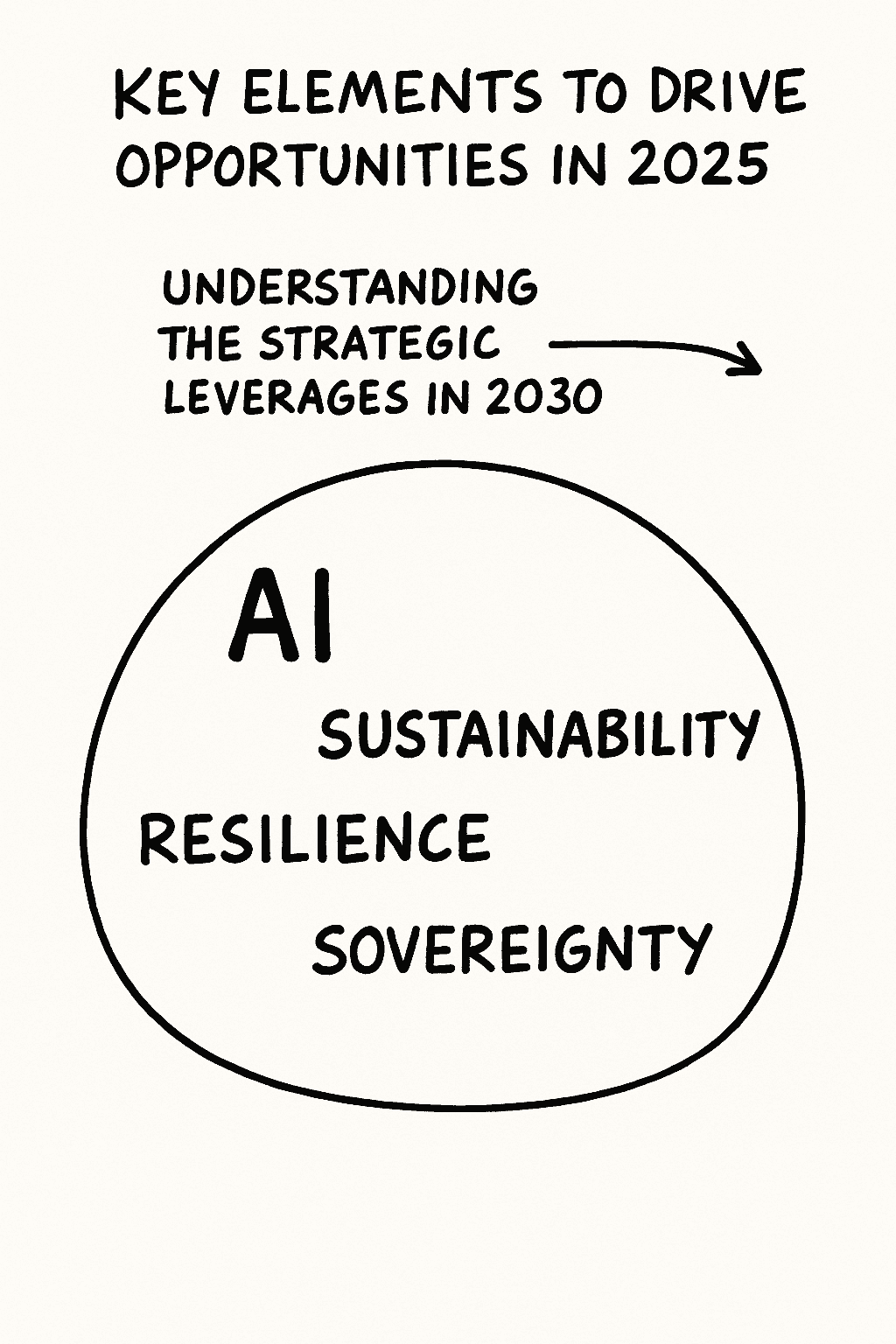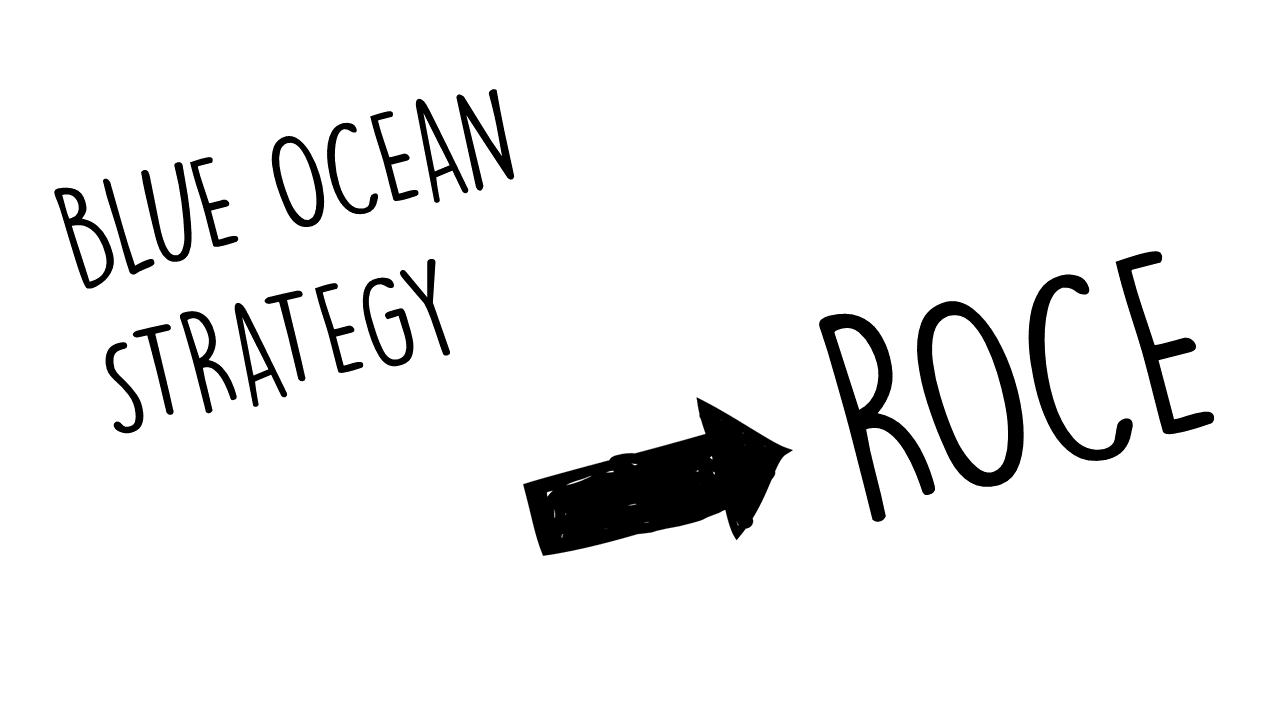1. Offensive Organization — Go-to-Market (GTM)
What it is
Your attack structure in business: how you design and execute your go-to-market model to create demand, advance deals, and deliver offers to market.
Why it is
Because without disciplined go-to-market execution, pipelines fill with unqualified opportunities, teams chase the wrong targets, and value is delayed. A strong offensive organization ensures every move links back to winning profitable customers.
How to play the Game
- Define your Business Game Model: your ideal customer profile, the value metric you deliver, and the architecture of your offers.
- Weekly morphocycle:
- Result Day minus 4 → align message stack and target list.
- Result Day minus 3 → run live outreach or pricing experiments (high intensity).
- Result Day minus 2 → refine partner handoffs (“third-man plays”).
- Result Day minus 1 → rehearse scripts, demonstrations, and set-plays.
- Attack with tempo: respond to any market signal with an offer in less than 48 hours.
1) Offensive Organization — Go-to-Market (GTM)
Design every task to express your GTM game model. Train offense inside context, not in silos.
Core Principles
Sub-Principles (How We Score)
- Offer Architecture: Good/Better/Best with a clear value metric.
- Pricing Triggers: outcome-based anchors, limited-time accelerators.
- Proof Fast: 1-page case + 90-sec demo; social proof in first contact.
- Channel Leverage: intros & co-sell to break resistance (the “third-man”).
- Disqualify Early: tighten ICP; protect tempo and focus.
Guardrails (Rest-Finance/Ops for Offense)
- Proposal Service Level Agreement (SLA) < 24h; first response < 2h.
- No discounts > 10% without RevOps/CFO approval.
- Capacity buffer for demos/onboarding (no over-promise).
- Compliance & data-privacy pre-cleared playbooks.
Weekly Morphocycle (1 Result Day per week)
- Market map refresh; Ideal Customer Profile (ICP) tighten (top 3 pains).
- Message stack & offer bundles aligned to value metric.
- A/B offer + pricing test; 2× focused call blocks.
- Pressing traps: target competitor weakness with hooks.
- Third-man plays with partners; pre-wire intros.
- Rest-defense: cash/ops check; confirm delivery slots.
- 90-sec demo choreography; objection scripts.
- Proposal finalization; calendar holds for RD follow-ups.
GTM Set-Plays
Discovery → Diagnosis (15-min)
Goal: confirm problem + value metric. Exit: fit/no-fit, schedule demo.
Prompt: “Leaders like you see [pain] cost [value metric]. Would closing this gap by x% be material?”
90-sec Demo → Value Proof
Open with outcome, show 2 levers, 1 concrete result. End with next step + time box.
Price Anchor → Options (G/B/B)
Anchor on outcome; show three options; expansion path explicit.
Renewal → Expansion
Quarterly value recap; introduce one adjacent use case with clear ROI.
KPIs (Lead Indicators)
Try It This Week
- Cut Ideal Customer Profile (ICP) to one vertical + 2 pains; rewrite opener.
- Ship a 1-page case + 90-sec demo script.
- Run a 2-hour RD-3 outreach sprint with a pricing A/B.
- Schedule 3 partner intros (third-man plays).
- Set proposal SLA (<24h) and calendar holds for RD follow-ups.





